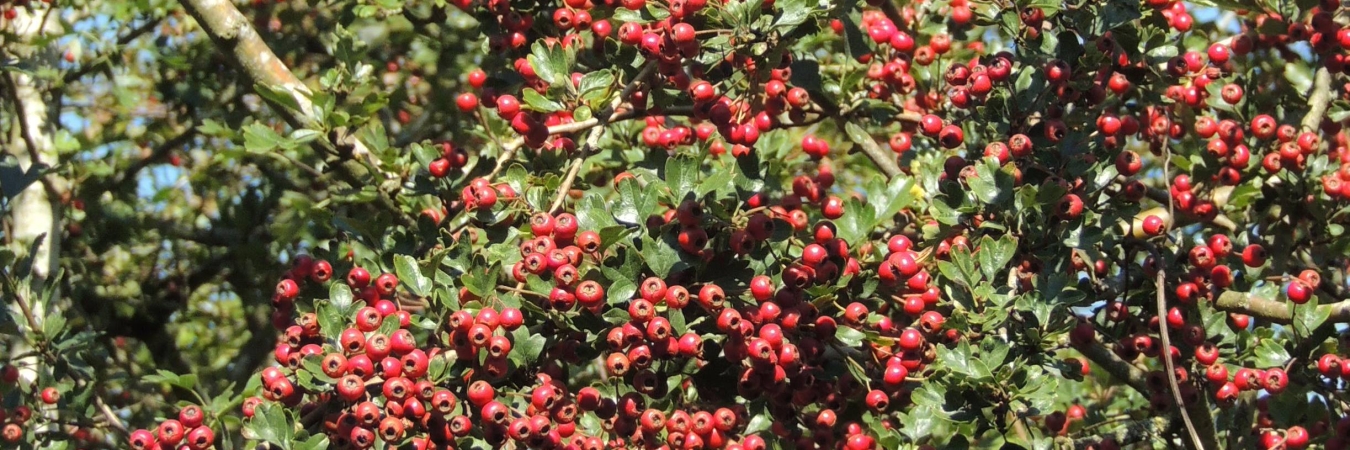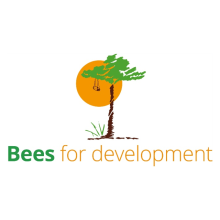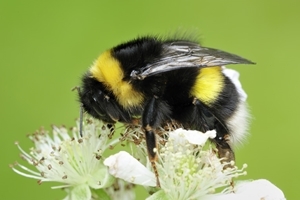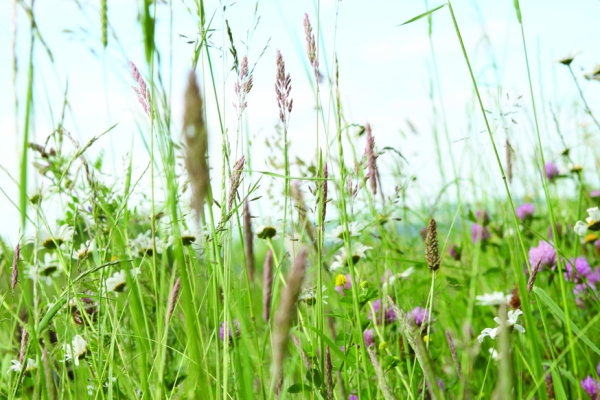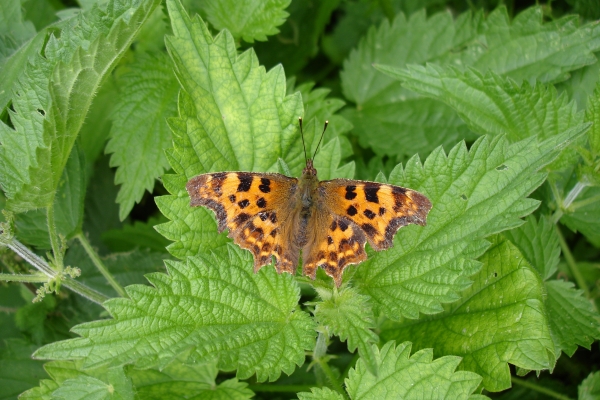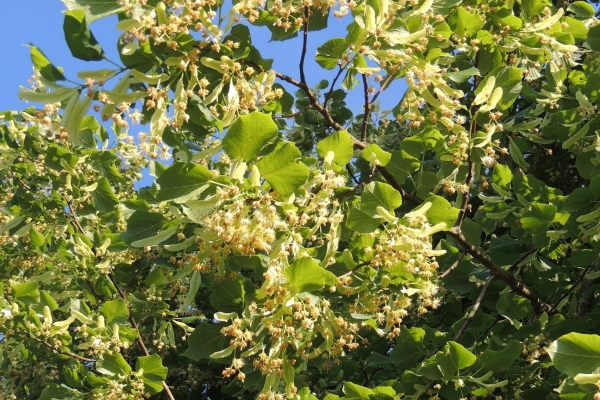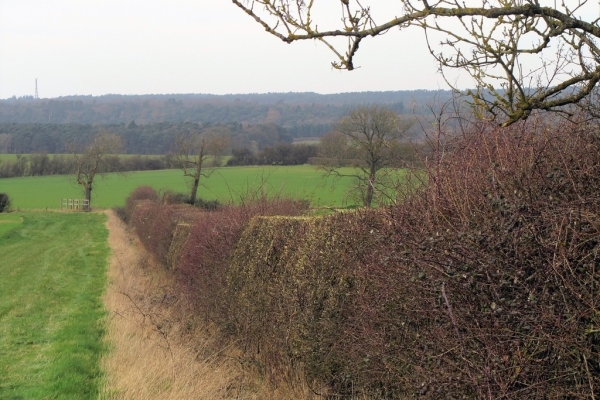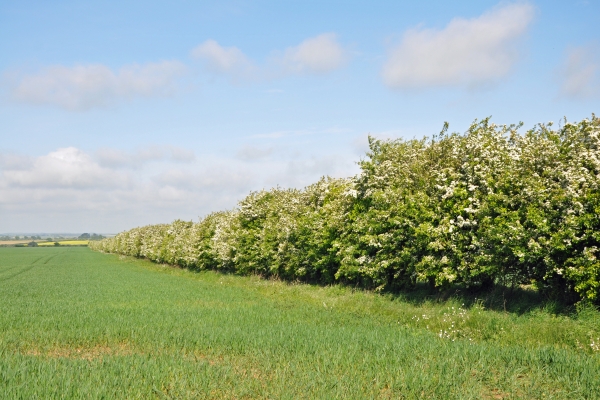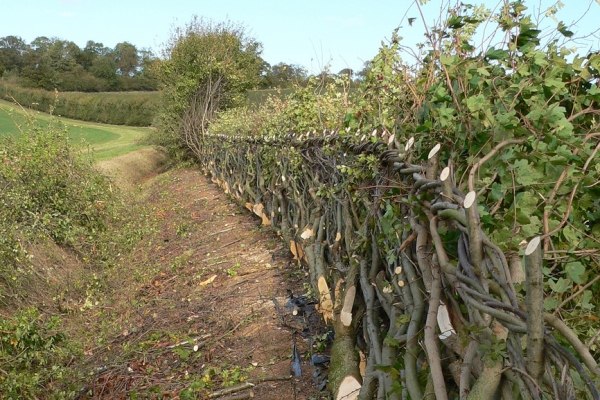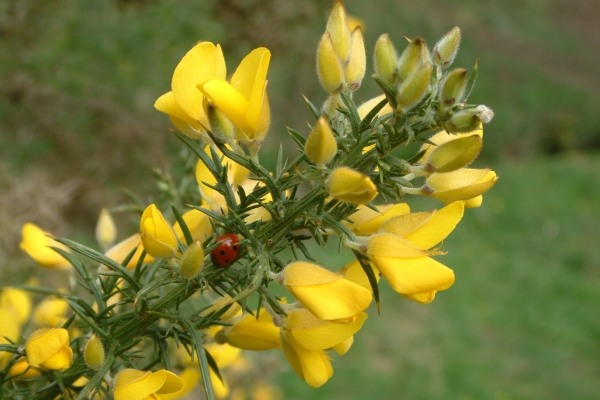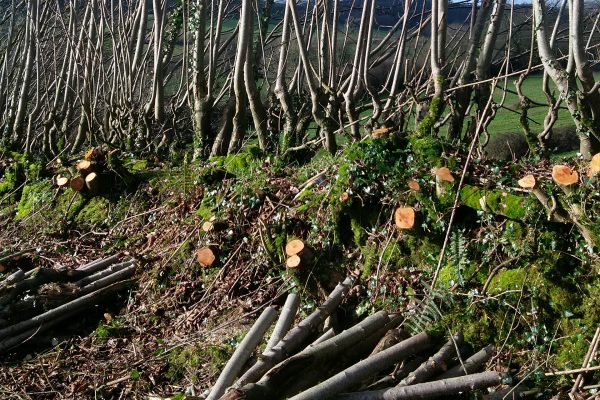Proposed Hedgerow Manifesto for Monmouthshire
Hedgerow management for insect pollinators and other wildlife
Resource explained
Hedges help prevent soil erosion, provide shade for farm animals, protection from the wind, food and homes for insects, birds and small mammals, act as valuable wildlife corridors, and are a treasured as being an important part of landscape and cultural history.
This document is a manifesto for best management of hedges to support insect pollinators and other wildlife that was drawn up by Bee Friendly Monmouthshire. While specific to Wales, it contains far-reaching useful information.
It outlines why hedges are increasingly important and describes the plants characteristic of Monmouthshire hedgerows.
It describes how well managed hedgerows benefit farmers, landowners and gardeners, and provides practical guidance divided into: Maintenance of hedges; cutting hedges according to the time of year; best practice in relation to use of machinery; hedge shape; restoring hedges; nesting birds; hedge laying; coppicing; boundary trees; saplings in hedgerows; filling gaps in hedges; drawing up a hedgerow plan.
Findings & recommendations
- Plants characteristic of hedgerows include alder, ash, bramble, dogwood, elder, elm, field maple, hawthorn, holly, honeysuckle, small leaved lime and spindle berry. Their flowers provide nectar and pollen that feed insects. Their fruits, berries, seeds and nuts provide food for birds and mammals throughout the winter.
- Dried stems are important for over wintering insects, while the hedges themselves provide crucial cover and shelter for wildlife, and are important roosting places for birds.
- The document recommends that you only trim hedges in January and February of every third year. This will enable hedges to provide maximum wildlife value whilst also maintaining the shape and integrity of the hedge.
- Never trim hedgerows when they are green, when they contain flowers for insects, or food for birds and do not keep them too tidy; insects need habitat to over-winter.
- Well-managed hedgerows can give you the following benefits:
- Increased populations of insect pollinators, which will ensure optimal yields of insect pollinated crops.
- Increased populations of natural predators.
- Increased protection of resources, assisting soil conservation and reducing run-off.
- Diversification of income, including agri-environment payments.
